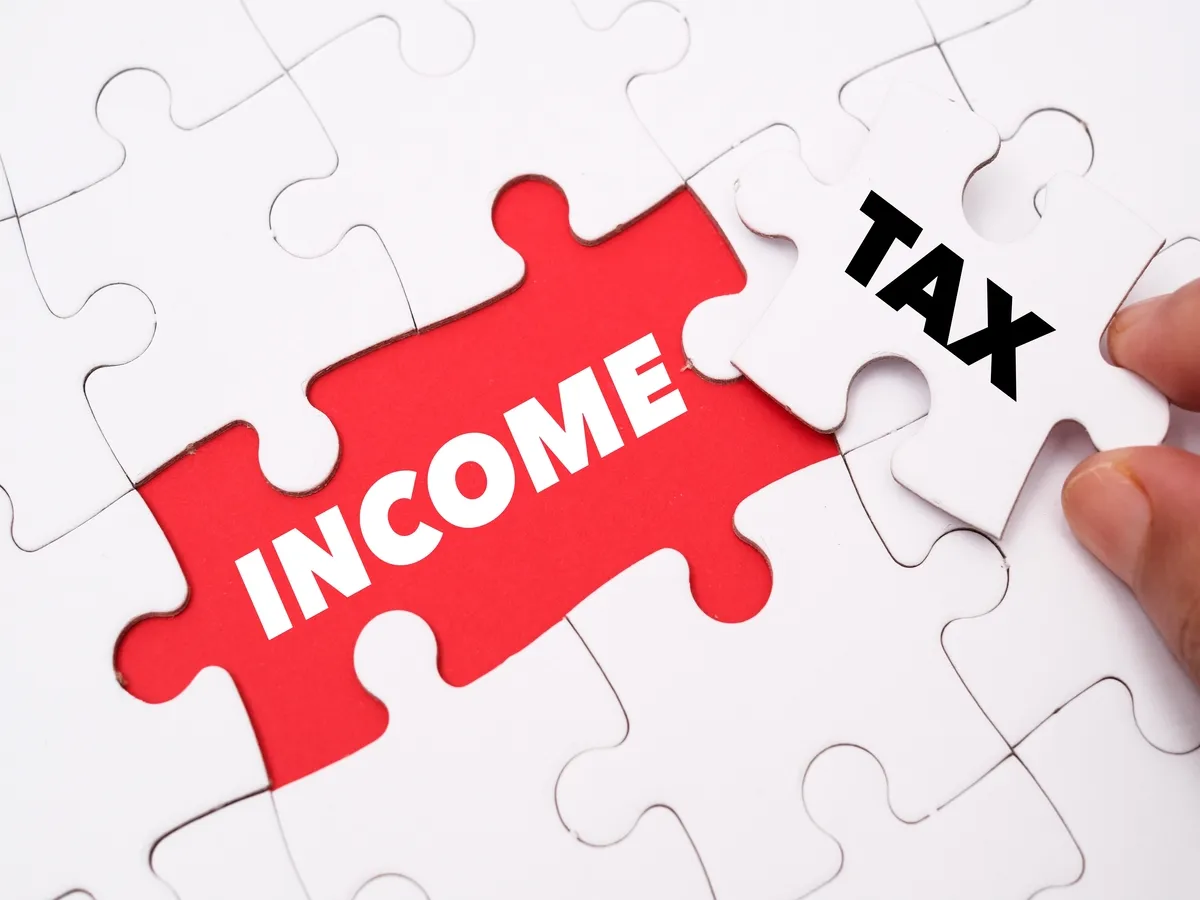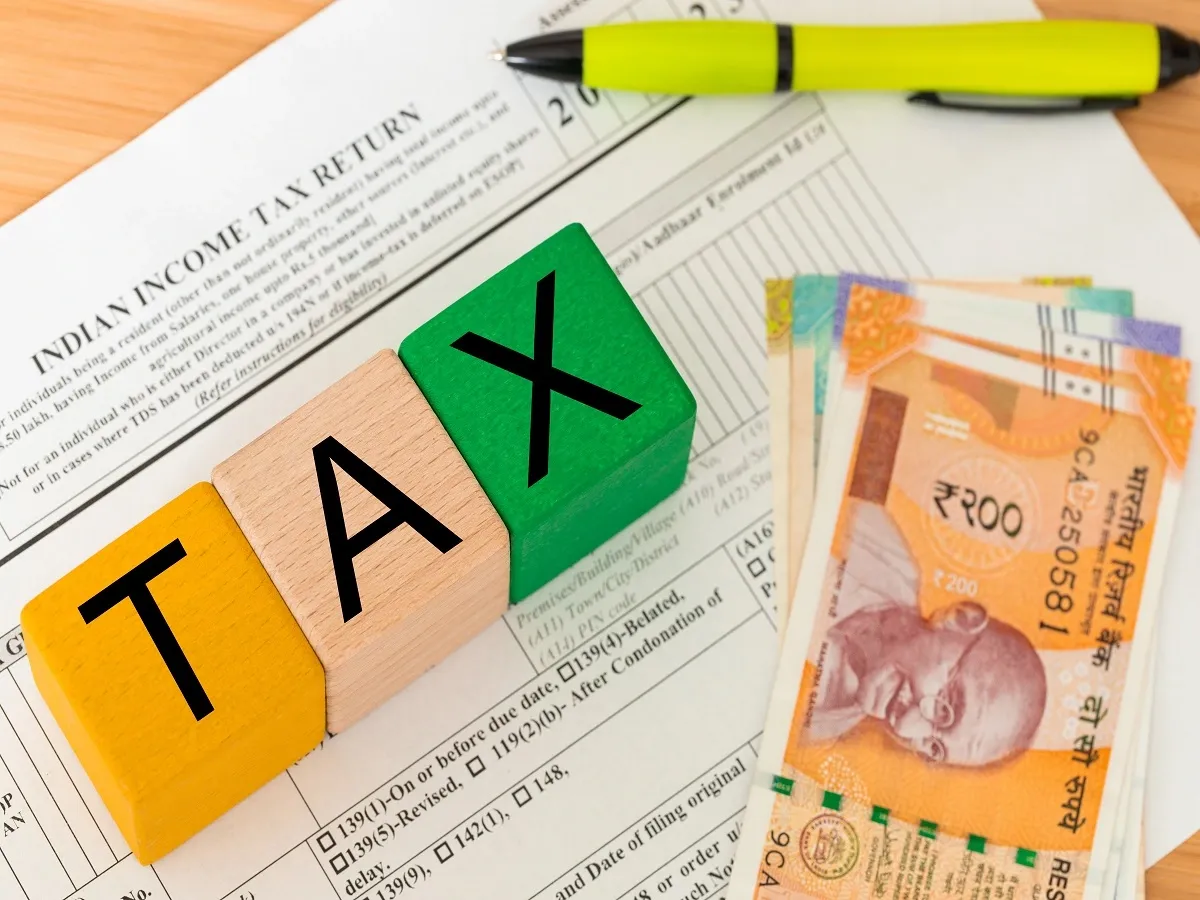Personal Finance News
Vivad Se Vishwas Scheme 2.0: Key questions addressed by income tax department; check details here

3 min read | Updated on October 17, 2024, 15:04 IST
SUMMARY
The Vivad Se Vishwas 2.0 scheme, aimed at resolving pending appeals in the case of income tax disputes, became functional on October 1. The CBDT recently issued new guidelines for the scheme to clarify the queries raised by concerned stakeholders.

Taxpayers have to submit their declarations in Form 1 by December 31, 2024, if they wish to avail lower tax rates
Finance Minister Nirmala Sitharaman announced the Direct Tax Vivad Se Vishwas Scheme 2024, also known as Vivad se Vishwas 2.0, in her budget speech back in July. It is aimed at resolving pending appeals in the case of income tax disputes and came into force with effect on October 1, 2024.
The VSV 2.0 scheme is focused on assisting taxpayers in resolving long-standing disputes with the income tax department. This program allows taxpayers to settle their cases for a lower amount, helping them save both time and resources that would otherwise be spent on legal disputes.
The Income Tax Department has received various queries about the scheme from taxpayers and other concerned stakeholders. The Central Board of Direct Taxes (CBDT) issued new guidelines on Tuesday, October 15, aiming to clarify some of the concerns raised.
Here are the key questions addressed in the Frequently Asked Questions (FAQs) released by the income tax department:
Which cases are not covered under the VSV 2.0 scheme?
The scheme does not cover cases for which assessments are made under sections 143(3), 144, 147, 153A, or 153C based on searches initiated under sections 132 or 132A.
Other cases where the COFEPOSA Act, 1974; UAPA Act, 1967; NDPS Act 1985; PBPT Act, 1988; PC Act, 1988; and PMLA 2002 may apply are also excluded by the Scheme.
What are the forms specified under the VSV 2.0 scheme?
Four forms have been notified for this scheme:
What are the timelines for submission?
-
Taxpayers have to submit their declarations in Form 1 by December 31, 2024, if they wish to avail lower tax rates.
-
The designated authority will be issuing Form 2 within 15 days of receiving the declaration by the taxpayers, notifying the payable amount to them.
-
Taxpayers are mandated to pay the amount specified by the authority within 15 days of receiving Form 2 and then submit payment details using Form 3.
-
Once the authority receives Form 3, they will issue Form 4 to confirm the settlement.
What is the eligibility of pending appeals?
All appeals that are pending before the High Court or Supreme Court as of July 22, 2024, are eligible for the VSV 2.0 scheme.
What is the coverage of the scheme?
The VSV 2.0 scheme only covers income tax disputes and excludes disputes related to wealth tax, securities transaction tax (STT), commodity transaction tax, and the equalisation levy.
What is the payment percentage under the scheme?
The guidelines issued by CBDT mention the percentage of the disputed amount that taxpayers must deposit under the scheme.
This is crucial for settling disputes efficiently as it offers relief to taxpayers. It also helps the government recover outstanding tax dues.
The CBDT aims to ensure transparency and uniformity of VSV 2.0 scheme applications through the detailed guidance note. It helps both taxpayers and authorities to navigate the process smoothly.
Related News
By signing up you agree to Upstox’s Terms & Conditions
About The Author
Next Story


